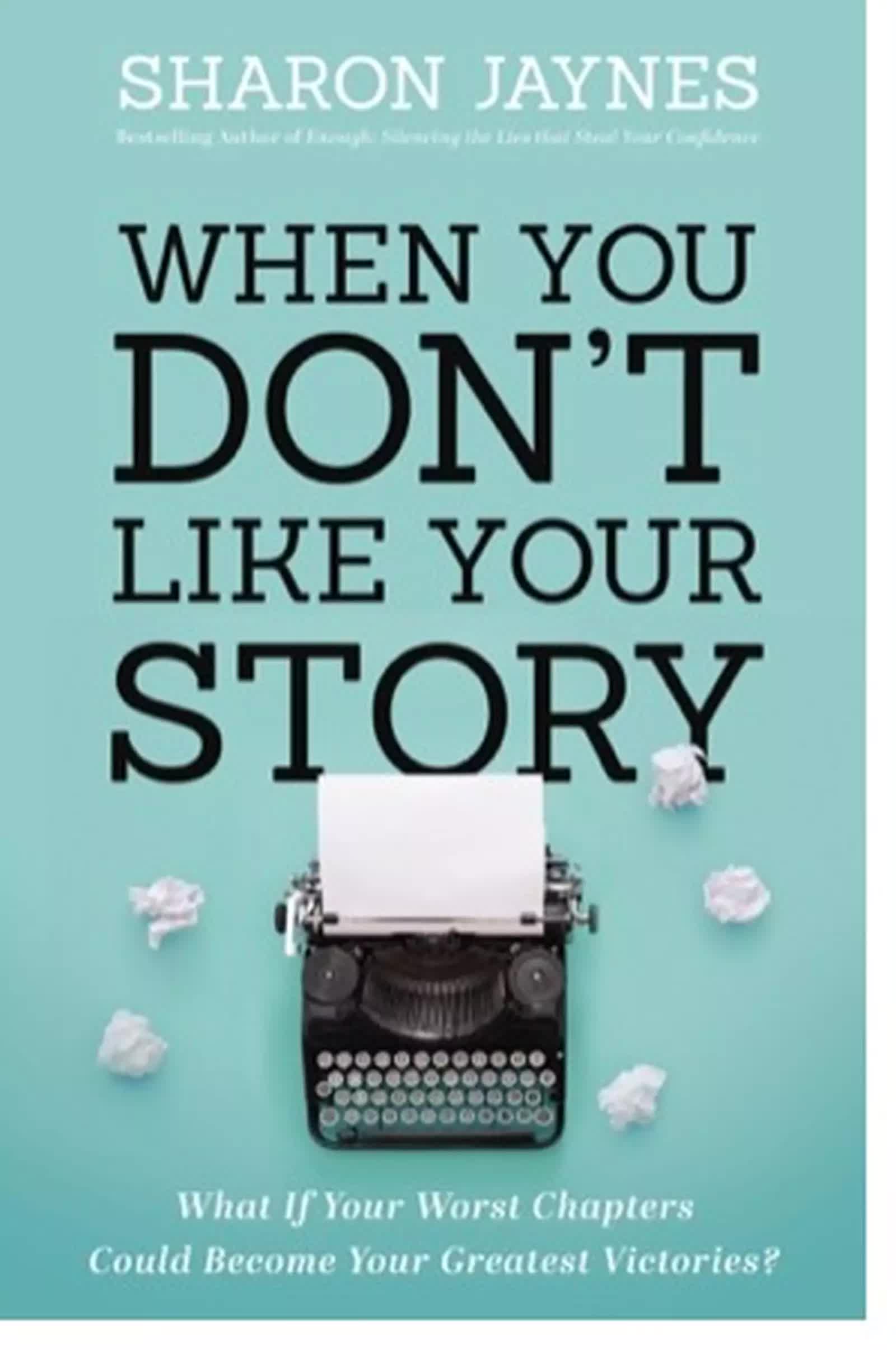
February 17, 2021
How Can I Forgive and Forget?
Sharon Jaynes
Today’s Truth
“But one thing I do: Forgetting what is behind and straining toward what is ahead; I press on toward the goal to win the prize for which God has called me heavenward in Christ Jesus” (Philippians 3:13-14).
Friend to Friend
There was a world of hurt in my family growing up. When I became a Christian, there was a world of forgiveness that needed to take place. It took me some time, but I eventually forgave my dad for all the things he did. However, every time I remembered what was done and how it was done, I felt the hurt all over again. I wondered, Have I really forgiven him if I can’t forget the pain? The answer is yes.
We hear the term, forgive and forget, but how can we forget? Don’t you wish there was a delete button for our brains? The key to understanding biblical “forgetting” lies in the way God “forgets our sins and remembers them no more” (Jeremiah 31:34). Have you ever wondered, how does an omniscient God who knows all things all the time “forget” anything or “remember” anything? Consider these verses:
- “God remembered Noah” (Genesis 8:1).
- “[God] remembered Abraham” (Genesis 19:29.)
- “God remembered Rachel” (Genesis 30:22).
In each incident, God remembering someone meant He was about to do something—He was about to act on their behalf.
If God remembering means He is about to act, then God forgetting means that He is not going to act. When He forgets our sins, He chooses not to act on them by punishing us.
The psalmist declared, “As far as the east is from the west, so far has he removed our transgressions from us” (Psalm 103:12).
While we cannot forget the wounds of our past, we can choose not to act on them. We can choose to forgive the person who has hurt us and not allow the memory to control our lives. In that sense, we can forgive and forget.
Paul wrote, “But one thing I do: Forgetting what is behind and straining toward what is ahead…” (Philippians 3:13). What did Paul have to forget? He had been unjustly beaten with rods, flogged with whips, pelted with stones, locked in prison, persecuted by fellow Jews, and threatened by Gentiles he was trying to help. He often went without food, without clothes, and without a pillow on which to lay his head (2 Corinthians 11:23–29). This is a lot worse than someone hurting your feelings. And yet, Paul essentially said, “I let it go so I can move on to something better.”
When Paul talks about “forgetting what is behind,” he does not mean that he somehow wiped the past from his memory. Instead, he made a conscious refusal to let [the past] absorb his attention and impede his progress. He didn’t allow the past to paralyze his potential for the future. Instead, he used the past to fuel his faith as he moved toward what lie ahead.
Yes, I remember the wounds from my past, but I can honestly say I no longer act on them. When I remember, I don’t feel the resentment, bitterness, or shame of my early years. My past may color my present, but it no longer controls it. Because the memories have so little power over my actions and emotions these days, they come to the surface much less often. This is how I “forget” what is behind and recall how God has redeemed my story at the same time. That’s one way our worst chapters can become our greatest victories.
Let’s Pray
Lord, I know I can’t wipe the hurt from my memory, but I can wipe the bitterness from my heart. Help me to see my pain as an opportunity to grow better rather than bitter.
In Jesus’ Name, Amen.
Now It’s Your Turn
What is one hurt or pain you’ve been lugging around like dead weight? What good has it done to hang onto the hurt? What is God telling you today about letting it go?
More From the Girlfriends
Everyone likes a good story, but not everyone likes their own story. My new book, When You Don’t Like Your Story, challenges us to ask: What if God doesn’t want us to rip out our difficult chapters but repurpose them for good?
In fact, the worst parts of your story might just be what God uses the most. 2021 might just be the year to turn your story around and write a different ending. Click here to join Sharon’s FREE online When You Don’t Like Your Story Bible Study running February 15 - March 8.
© 2021 by Sharon Jaynes. All rights reserved.
Originally published Wednesday, 17 February 2021.










